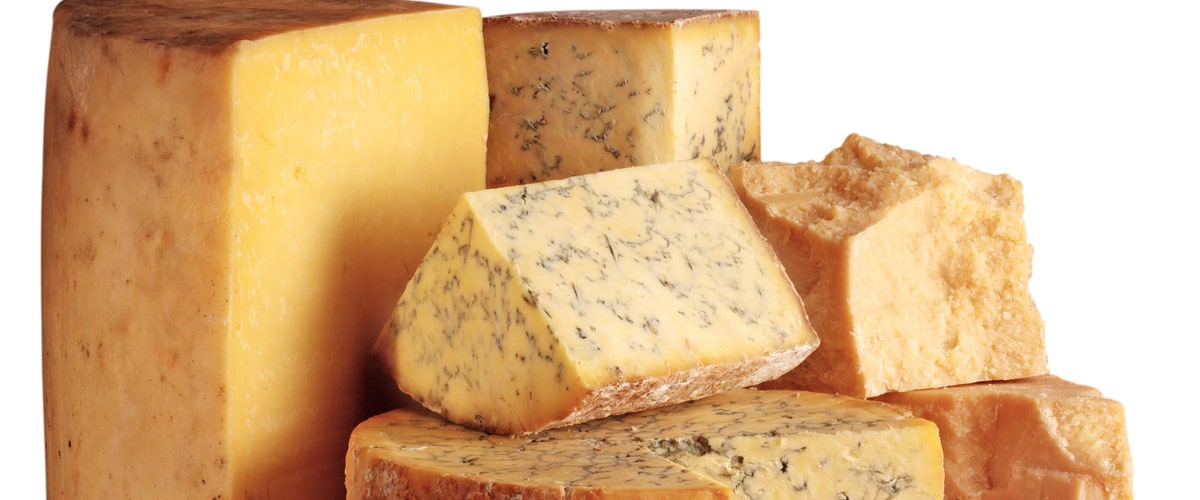Exploring the Flavors of Farm Fresh Cheese: A Taste of the Countryside

There’s something undeniably charming about farm fresh cheese. Whether you’re a home cook looking for new ingredients or a cheese enthusiast seeking your next favorite flavor, the world of farm fresh cheese offers a delightful journey through the countryside. But what makes this type of cheese so special? Let’s dive into the flavors, textures, and unique characteristics of farm fresh cheese.
Farm fresh cheese embodies the essence of the countryside, bringing the flavors of local farms directly to your table. Unlike mass-produced cheese, farm fresh varieties often come from small-scale operations where quality and tradition matter. These cheeses are typically handcrafted, using milk sourced from nearby farms. This close connection to the land and animals results in cheese with distinct, rich flavors that reflect the terroir of the region.
What is Farmer’s Cheese Made From?
Farmer’s cheese is typically made from cow’s milk, but it can also be made from goat’s or sheep’s milk. The milk is often raw or minimally pasteurized, preserving its natural flavors and nutrients. The process starts with the addition of cultures and rennet to the milk, which causes it to curdle. The curds are then cut, heated, and drained to remove the whey, resulting in a fresh, mild cheese that’s slightly crumbly.
The Unique Process of Making Farmer’s Cheese
The process of making farmer’s cheese is both an art and a science. It begins with sourcing high-quality milk, which is then gently heated. A starter culture is added to introduce beneficial bacteria, followed by rennet, which helps coagulate the milk. Once the curds form, they are cut into small pieces and cooked to release the whey. After draining, the curds are pressed into molds and aged, if necessary, to develop their flavor and texture. Each step is carefully monitored to ensure the cheese’s quality and consistency.
Is Farmer’s Cheese High in Fat?
Farmer’s cheese is generally lower in fat compared to other types of cheese. It is made from milk that has been partially skimmed, resulting in a product that’s leaner and lighter. However, the fat content can vary depending on the type of milk used and the specific recipe. For those looking to enjoy cheese without overindulging in fat, farmer’s cheese is an excellent option.
Nutritional Benefits of Farmer’s Cheese
Farmer’s cheese is not only delicious but also packed with nutrients. It’s a good source of protein, calcium, and essential vitamins like B12. Because it’s lower in fat, it’s a healthier choice for those watching their calorie intake. The probiotics found in farmer’s cheese also promote gut health, making it a nutritious addition to any diet.
Does Farmer’s Cheese Melt?
Unlike some cheeses, farmer’s cheese does not melt well. Its low fat content and crumbly texture mean it doesn’t have the same melting properties as cheeses like mozzarella or cheddar. However, it can still be used in cooked dishes where a creamy texture is desired, such as in casseroles, stuffed pasta, or mixed into sauces. Its unique texture adds a delightful contrast to many recipes.
The Versatility of Farmer’s Cheese in Cooking
Farmer’s cheese is incredibly versatile in the kitchen. Its mild flavor makes it a perfect addition to both sweet and savory dishes. You can crumble it over salads, spread it on bread, or mix it into dips. It’s also excellent in baked goods, adding moisture and a subtle tang. From breakfast to dinner, farmer’s cheese can enhance a wide range of dishes.
Popular Varieties of Farm Fresh Cheese
Farm fresh cheese comes in many varieties, each with its own unique characteristics. Some popular types include:
- Cheddar: Sharp and aged, with a firm texture.
- Brie: Soft and creamy, with a buttery flavor.
- Gouda: Mild and sweet, with a smooth texture.
- Blue Cheese: Bold and tangy, with blue veining.
Each variety offers a different taste experience, making farm fresh cheese a delightful exploration for the palate.
How to Store Farm Fresh Cheese
Proper storage is key to maintaining the quality of farm fresh cheese. Cheese should be kept in the refrigerator, ideally in a dedicated cheese drawer or in the vegetable crisper. Wrap it in wax paper or parchment paper to allow it to breathe, then place it in a loose plastic bag. Avoid tightly wrapping cheese in plastic wrap, as this can cause it to spoil more quickly.
Farm fresh cheese offers a taste of the countryside, rich in flavor and tradition. Whether you’re savoring a crumbly farmer’s cheese or indulging in a creamy brie, each bite connects you to the land and the craftsmanship of local farmers. Explore the world of farm fresh cheese, and you’ll discover a delightful array of flavors that elevate your culinary adventures.





